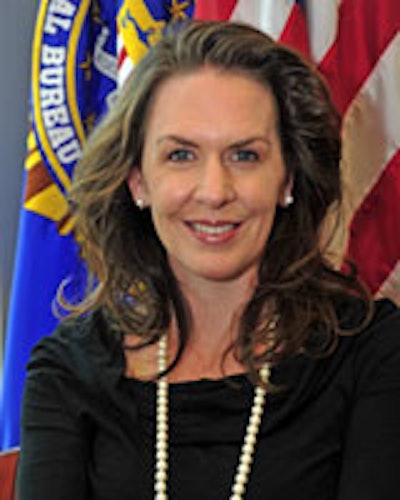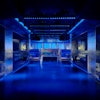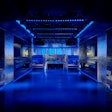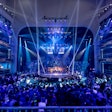
From securing intimate events with the president aboard the U.S.S. Intrepid to maintaining order and security for millions during the Times Square New Year’s Eve ball drop, Anne C. Beagan has seen—and done—a lot in her 13 years as special events coordinator and special agent with the Federal Bureau of Investigation’s Joint Terrorism Task Force. Beagan coordinates the bureau's presence at large public functions while serving as a liaison to local law enforcement, event planners, and vendors. She spoke with us about how she ensures these high-profile events run smoothly and safely.
Of all the annual events you oversee, which one is the most difficult?
I would have to say the Times Square New Year's Eve celebration. The sheer number of people and mass media coverage create a much more challenging job for me—I wouldn’t say it’s more challenging, it just requires much more planning and overall coordination. It takes a good six to nine months of preparation, but [the event itself] is seamless. All the parties know our roles, and we all know each other. We do it so much we’re always ready to transition into the next event because of the simple fact that we’re always doing large events here.
For non-annual events, the Republican National Convention in 2004 was absolutely the most challenging undertaking for me thus far. It was a National Special Security Event [an event the Department of Homeland Security designates as a particularly high risk] that only the president can deem as such—other examples are the Olympics, the Super Bowl, the G8, and the Democratic National Convention. In the summer of 2004, the G8 took place in Sea Island, Georgia, the Democratic National Convention in Boston, followed by the R.N.C. in Manhattan. Never have all three taken place so close to each other, within weeks. The F.B.I. was tapped out that summer.
How do you approach working with the different types of event planners you encounter?
My approach really isn’t different. Our job in helping to make an event safe and secure is not influenced by what type of event it is, where it is, or even what type of event planner we are working with. My job and our mission remains the same throughout.
Do you influence the selection of vendors who work on these events?
No. But if requested, we will do background checks on vendors.
What role does technology play in your job?
We can now communicate in a much more sophisticated and efficient manner. Even simple things like mobile devices have enabled us to have better interaction with the law enforcement partners also providing event security. We have mapping capabilities like never before, which enables us to look at a venue in a three-dimensional way, for purposes of operational briefing or so that we can look more closely at possible vulnerabilities.
Aside from ensuring safety and order, what is your primary concern on a given project?
The primary concern is always ensuring that the participants and spectators don’t feel any of the security measures have infringed on their overall reason for being at that event.
What’s the most unusual event an F.B.I. agent has been assigned to?
That would certainly vary from agent to agent and depend on the city and the venue. For me, however, I would have to say the most unusual and certainly the most meaningful was the grand reopening of the U.S.S. Intrepid. It was reopened last Veteran’s Day at a lavish ceremony aboard the ship that included the president of the United States landing on the flight deck just prior to taking the stage. The U.S.S. Intrepid has a lot of meaning to the F.B.I. agents based here in New York City, as she served as our home for several months after September 11, when we had to vacate our offices in lower Manhattan. She provided a safe and protected environment for the men and women of the F.B.I. and the Joint Terrorism Task Force who worked and slept there while tirelessly pursuing investigative leads.
How does the F.B.I. measure the success of its efforts at events?
The best measure of success at any special event is the safe and sound running through to the event’s conclusion. That’s it—preventing and neutralizing threats before they have any public impact. In the end, few people among the public are ever aware of the detailed and silent security measures, but they are safe and our way of life continues.



















